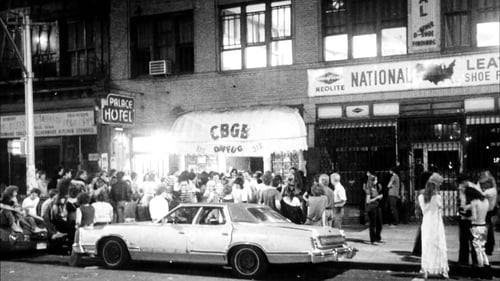
Cinematography
This film traces the journey of the late Japanese cinematographer Ryo Murakami to the Firestone Tire and Rubber Plantation in Liberia. Under the cover of night, he trespasses onto the plantation grounds and enters a scarcely seen world, where coercive living conditions and labor practices have changed alarmingly little since the plantation opened in 1926. Journalistic access to the plantation is tightly controlled and monitored by the company, and Ryo’s footage is a rare independent vision of the lives of plantation workers.

Director
This film traces the journey of the late Japanese cinematographer Ryo Murakami to the Firestone Tire and Rubber Plantation in Liberia. Under the cover of night, he trespasses onto the plantation grounds and enters a scarcely seen world, where coercive living conditions and labor practices have changed alarmingly little since the plantation opened in 1926. Journalistic access to the plantation is tightly controlled and monitored by the company, and Ryo’s footage is a rare independent vision of the lives of plantation workers.

Director of Photography
William G. Wilson is co-founder of Alcoholics Anonymous, a man included in TIME Magazine's "100 Persons of the 20th Century." Interviews, recreations, and rare archival material reveal how Bill Wilson, a hopeless drunk near death from his alcoholism, found a way out of his own addiction and then forged a path for countless others to follow. With Bill as its driving force, A.A. grew from a handful of men to a worldwide fellowship of over 2 million men and women - a success that made him an icon within A.A., but also an alcoholic unable to be a member of the very society he had created. A reluctant hero, Bill Wilson lived a life of sacrifice and service, and left a legacy that continues every day, all around the world.

Director of Photography
In the years before Ronald Reagan took office, Manhattan was in ruins. But true art has never come from comfort, and it was precisely those dire circumstances that inspired artists like Jim Jarmusch, Lizzy Borden, and Amos Poe to produce some of their best works. Taking their cues from punk rock and new wave music, these young maverick filmmakers confronted viewers with a stark reality that stood in powerful contrast to the escapist product being churned out by Hollywood.

Cinematography
Without one eccentric first-generation Jewish immigrant from Transylvania, the New York City Marathon simply wouldn't exist. Ehrlich's fun, loving, and inspirational tribute to the late Fred Lebow shows how one man's imagination, determination, and love for running created one of the world's most popular sporting events.




